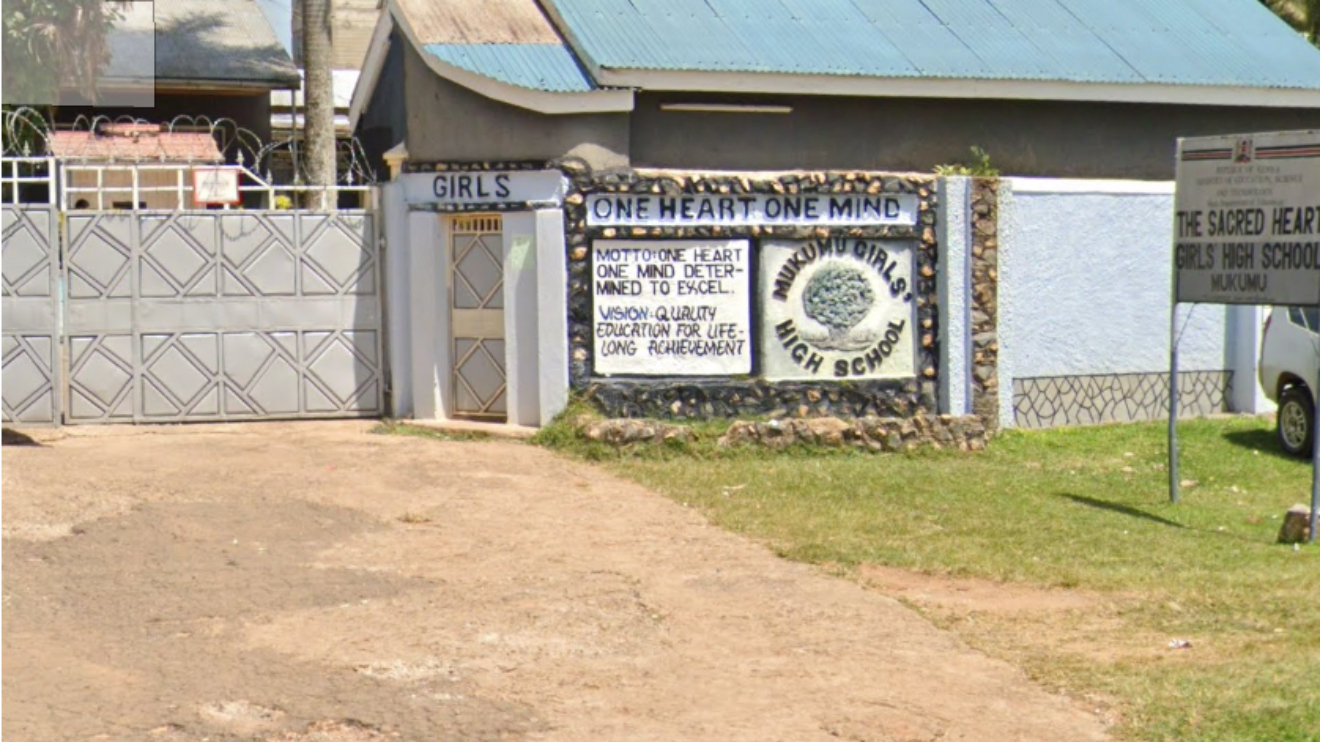The Ministry of Health has voiced alarm over a potential pandemic of an unnamed infectious disease in Kakamega County following the deaths of four pupils from Mukumu Girls and Butere Boys High Schools.
Dr Patrick Amoth, the acting director-general of health, said in brief on Friday that tests on the odd illness that has kept 627 people in hospitals indicated that it may have been caused by tainted water.

Samples from the two institutions, according to Dr Amoth, helped identify the illness suspected of causing diarrhoea and symptoms similar to typhoid fever.
The statement continues, The Ministry of Health has collected numerous samples of water, food, and human tissue, and preliminary laboratory tests have identified Enterotoxigenic E. coli and Salmonella typhi as the pathogens responsible for the illness.
Did you read this?
It continues, saying The Ministry wants to let everyone know that this illness is probably a combination of Salmonella typhi and E. coli, which usually happens when water sources are polluted with these microorganisms.

Dr. Amoth claims the unidentified illness causes symptoms like fever, stomach cramps, vomiting, and diarrhoea.
He noted that health officials disregarded prior reports of the Marburg and Ebola viruses, believed to have similar symptoms after lab testing came back -ve.
He continued saying that Further lab tests on the grains and pulses for aflatoxin have ruled out aflatoxicosis, a risky fungal infection from improperly stored cereal grains.
"In addition, laboratory tests for Viral Hemorrhagic Fevers (VHFs), including Ebola Virus Disease (EVD), Marburg Virus Disease (MVD), Leptospirosis and Crimean-Congo Hemorrhagic Fever (CCHF), Dengue Fever, Rift Valley Fever (RVF) and West Nile Virus have all turned negative." he added.

Concerns about aflatoxins in the grains have also been alleviated while the ministry conducts additional tests to determine the source of the illness.
The ministry asked people to be cautious and report any incidences of related illnesses. Nevertheless, it advised them to avoid crowded places because the diseases have the potential of people to person spread, especially in congregations where people live and eat nearby.
Dr Amoth also suggests upholding a high standard of personal hygiene by washing hands with running soap and water, boiling or treating all water used for drinking and cooking, correctly using toilets to eliminate human waste, and adequately preparing and consuming all food.
Mukumu Girls and Butere Boys High Schools have been closed indefinitely following the tragedies.











